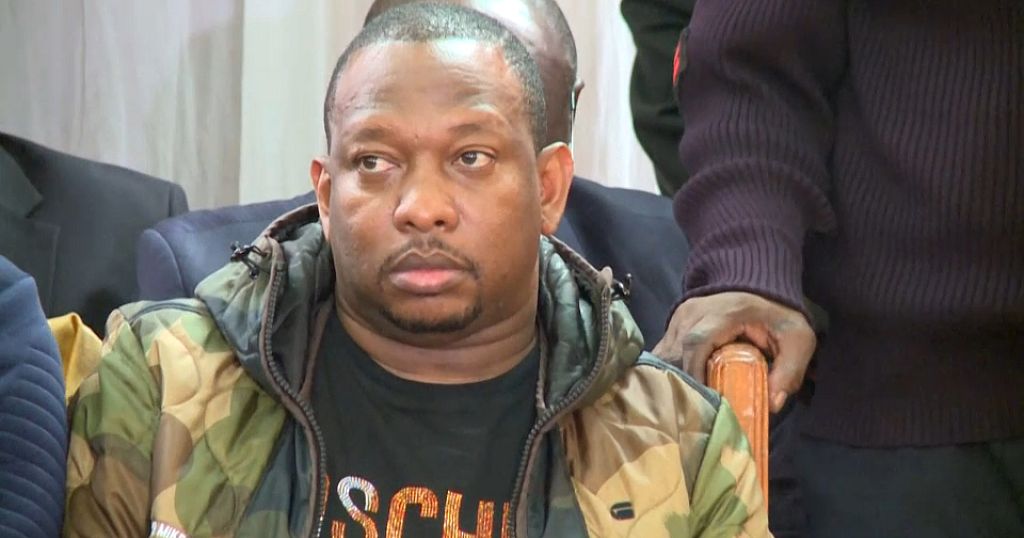The Judiciary is reeling under serious shortage of facilities and resources, undermining proper administration of justice. Although this is well-documented, little has been done to provide redress. Several initiatives such as the Justice, Governance, Law, Order and Security (JGLOS) that was rolled out a few years ago, aimed at strengthening the entire sector, never ran full cycle.
Since 2010 when the Constitution came into force, the Judiciary undertook several reforms to revitalise the institution and put it on a pedestal to further the cause of justice. After a few structural, policy and organisational changes, the momentum ebbed.
Largely, the problem is financial and political. For instance, during the last financial year, the Judiciary’s budget was reduced by half and, specifically, funding for capital development was cut to the bone. Despite strong protestation, no significant review was done to support the Judiciary. Covertly, this was part of a scheme to tame the Judiciary for quite irrational reasons. But that is a subject for another discussion.
This week, Chief Justice David Maraga was confronted with the painful reality of resource deficits when he visited courts in the South Rift, specifically, in Bomet. He was shocked at the deplorable conditions under which judicial officers operated there. The courts are few, congested and neglected. Judicial officers do not have offices and the logistics they require to work.
Even so, Mr Maraga should not have been shocked because he has worked in the Judiciary for many years and, earlier, practised as a lawyer where he appeared in various courts across the country.
Judiciary is vital to the pursuit of democracy and good governance. An effective judicial system not only enforces the rule of law but promotes business and investment, hence economic growth. Investors want a stable environment where they can make predictions for the future; where contracts are enforced and disputes are expeditiously and judiciously determined.
It is recalled that transformation of the Judiciary was one of the main reasons for the clamour for constitutional reforms in the 1990s and 2000s. Consistent to that, upon the ratification of the Constitution in 2010, Judiciary was the first institution to undergo restructuring. Thus, it is depressing that despite these express intentions, the institution still suffers serious inadequacies.
Beyond expressing surprise, Mr Maraga must put together a strong proposal to the government and even development partners to increase funding and support expansion of the courts. Expanding and resourcing the courts is a prerequisite to proper administration of justice.

 General News4 days ago
General News4 days ago
 General News4 days ago
General News4 days ago
 General News3 days ago
General News3 days ago
 General News3 days ago
General News3 days ago
 General News3 days ago
General News3 days ago
 General News2 days ago
General News2 days ago

